A leading consortium
Combining the expertise of three international institutions
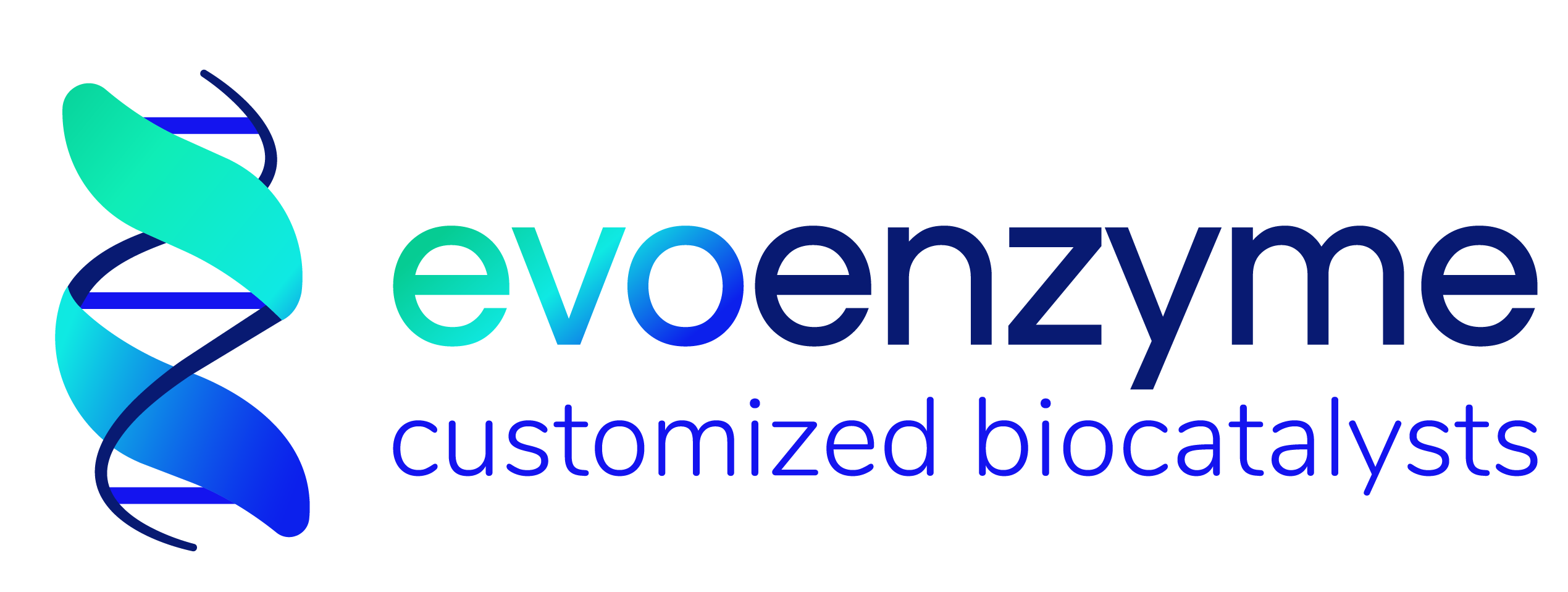
EvoEnzyme SL
EvoEnzyme SL
Evoenzyme is a spin-off company from the Institute of Catalysis (ICP, CSIC) in Madrid. The activities of the company are focused on the development and commercialization of customized biocatalysts (obtained by Directed Evolution) to be applied in different industrial sectors. The company was created after more than 15 years of research from the laboratory of Prof. Miguel Alcalde (CSIC), a leading laboratory on directed enzyme evolution, and it is founded with the transference of the most relevant knowledge, protocols, methods and overall research experience. EvoEnzyme has a strong drive on the development of top-notch technologies for Directed Evolution, supported by the machinery of Saccharomyces cerevisiae, with an array of library creation methods and high-throughput screening assays. Additionally, the laboratory of EvoEnzyme works on the development of bioprocesses for enzyme production in yeast and bacteria from bench to pilot plant bioreactors.
NMI Natural and Medical Sciences Institute
NMI Natural and Medial Sciences Institute
Université de Lorraine
Institute Jean Lamour
Institute Jean Lamour - Université de Lorraine
A multidisciplinary team of researchers
The faces behind the science
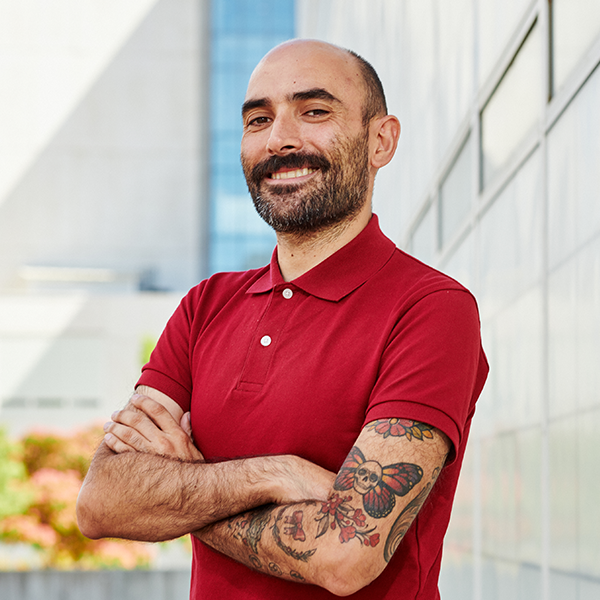
Dr. Javier Viña
Dr. Javier Viña
Dr. Javier Viña is a Biochemistry graduate from Oviedo University, obtained his PhD in Molecular Biosciences from the Autonomous University of Madrid in 2018 conducting his research at the laboratory of Prof. Alcalde. As the Science Manager and co-founder of EvoEnzyme, he leads the enzyme engineering and Biocatalysis areas of various national and European projects. With a strong passion and growing expertise in innovation and cutting-edge technologies, Javier actively contributes to advancing the field of applied enzymology driving the development of novel solutions.
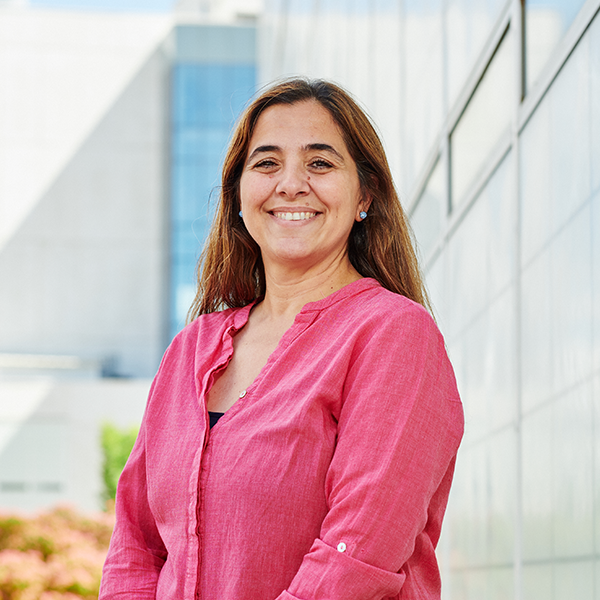
Maria Urbano
Maria Urbano
Maria Urbano has a degree in Business Administration and Management, Postgraduate in Strategic Marketing, eBusiness and DIBEX (Digital Business Executive Program).
Professional with more than 20 years of experience as a manager in International Market Development, Innovation of products and processes and Marketing in different sectors such as banking, energy, telecommunications, consumer goods, education and biotechnology.
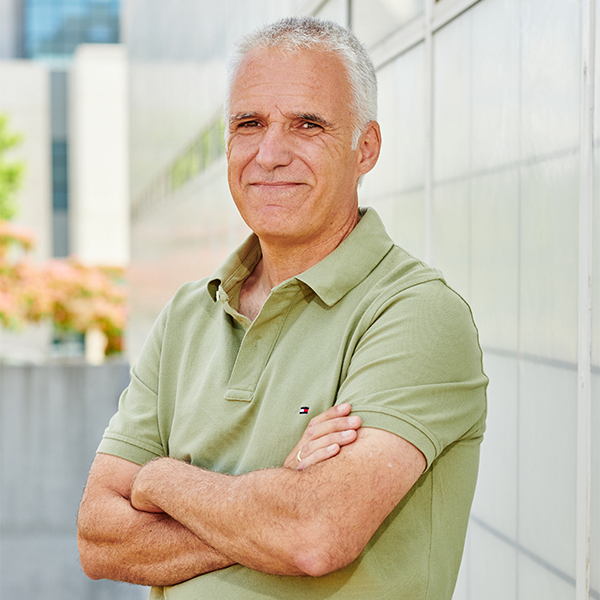
Prof. Miguel Alcalde
Prof. Miguel Alcalde
Dr. Alcalde completed his Biology studies at the Complutense University of Madrid in 1993 and obtained his doctoral degree in Biochemistry and Molecular Biology in 1999. He pursued postdoctoral research at the California Institute of Technology (CALTECH) under the guidance of Prof. Frances H. Arnold, Nobel laureate in Chemistry 2018. With expertise in enzyme engineering, and molecular Biotechnology, Dr. Alcalde has led numerous research projects, and he is the founder and creator of EvoEnzyme. In addition to his scientific achievements, he has actively contributed to the biotechnology and molecular biology community through leadership roles and international conference presentations. Prof. Alcalde will provide guidance and expertise as an external advisor for the Project.
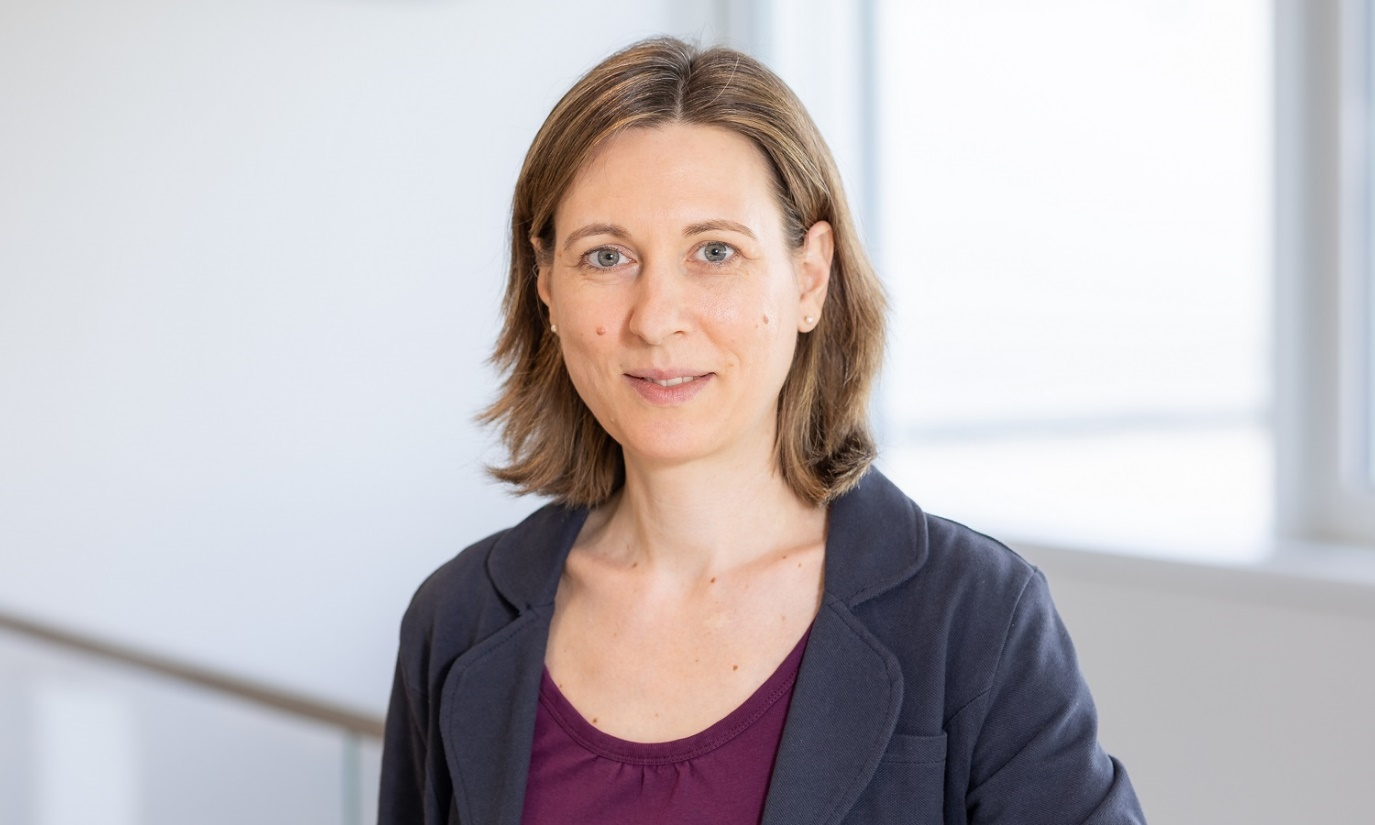
Dr. Hanna Hartmann
Dr. Hanna Hartmann
After studying biology at the University of Würzburg, Germany, she finished her PhD at the Institute for Medical Microbiology and Hygiene at the University of Tübingen in 2006. In 2008 she came to the NMI Natural and Medial Sciences Institute in Reutlingen as a Scientist where since 2016 she is Group leader of “Regenerative Biomaterials” and since 2017 Head of the Department “Biomedicine and Materials Sciences”. Her research interests include analysis and modification of surfaces to regulate interactions with proteins, bacteria and cells. A strong focus is also on biomaterial processing, including 3D-bioprinting, electrospinning and development of innovative coatings.

Ruben Daum
Ruben Daum
After studying a master’s in pharmaceutical biotechnology at the Ulm University, he pursued a Ph.D. at Tübingen University, where he explored engineering and biofunctionalization of artificial electrospun blood vessels. Following his biology Ph.D. in 2021, he spent three years as a product manager in Life Science. Joining the Regenerative Biomaterials group at NMI Reutlingen in 2024, his research now focuses on biomaterials, specializing in electrospinning techniques.
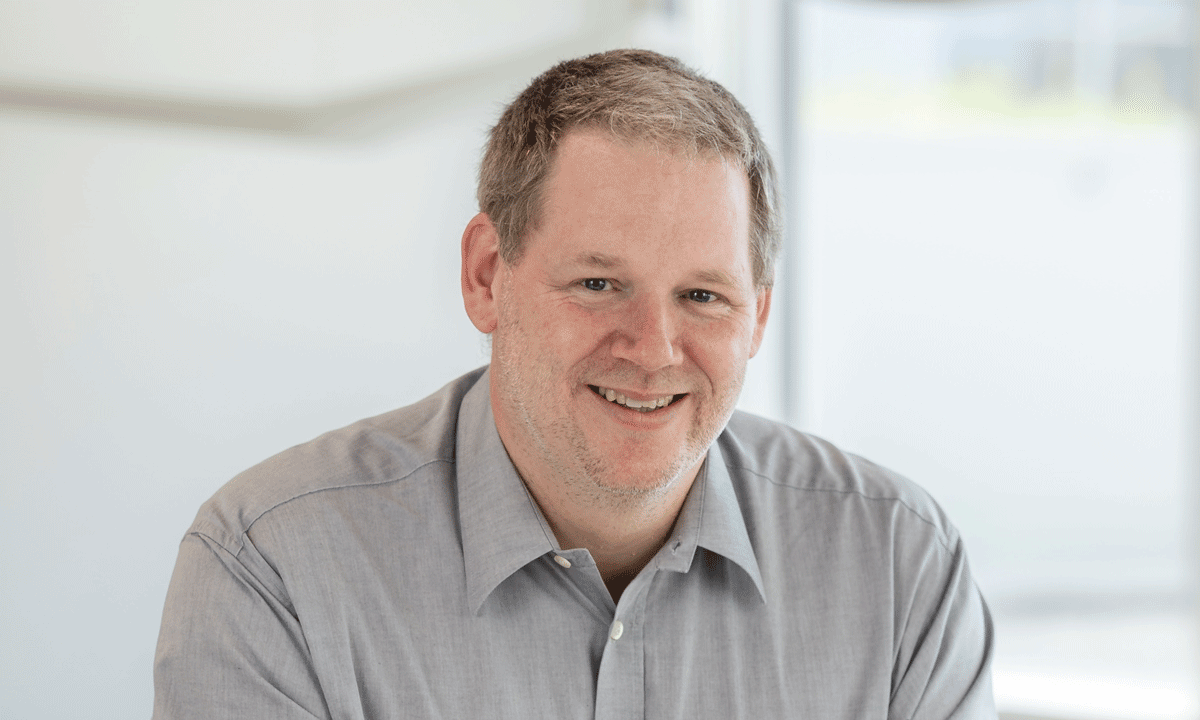
Kai Fuchsberger
Kai Fuchsberger
After studying biology at the University of Bayreuth in Germany, he studied nanobiotechnology at the TU Kaiserslautern. In 2008 he came to the NMI in Reutlingen and since 2022 is Scientist in the group Organ-on-Chip at the NMI. His areas of activity are surface modification and electrochemistry for sensor applications.

Dr. Sébastien Fontana
Dr. Sébastien Fontana
Dr. Sébastien Fontana is an associate Professor specializing in the development of carbon materials for applications in energy, the environment, and health. His research primarily focuses on the synthesis of novel nanomaterials, such as graphene and 3D graphenic materials and conducts studies on the characterization of their porous texture. He also investigates the preparation of electrode materials for proton exchange membrane fuel cells. Additionally, he holds the position of coordinator for various projects centered around carbon nanomaterials and energy conversion. Notably, he has developed an innovative process for the exfoliation and functionalization of graphite using low-temperature pulse plasma in distilled water.
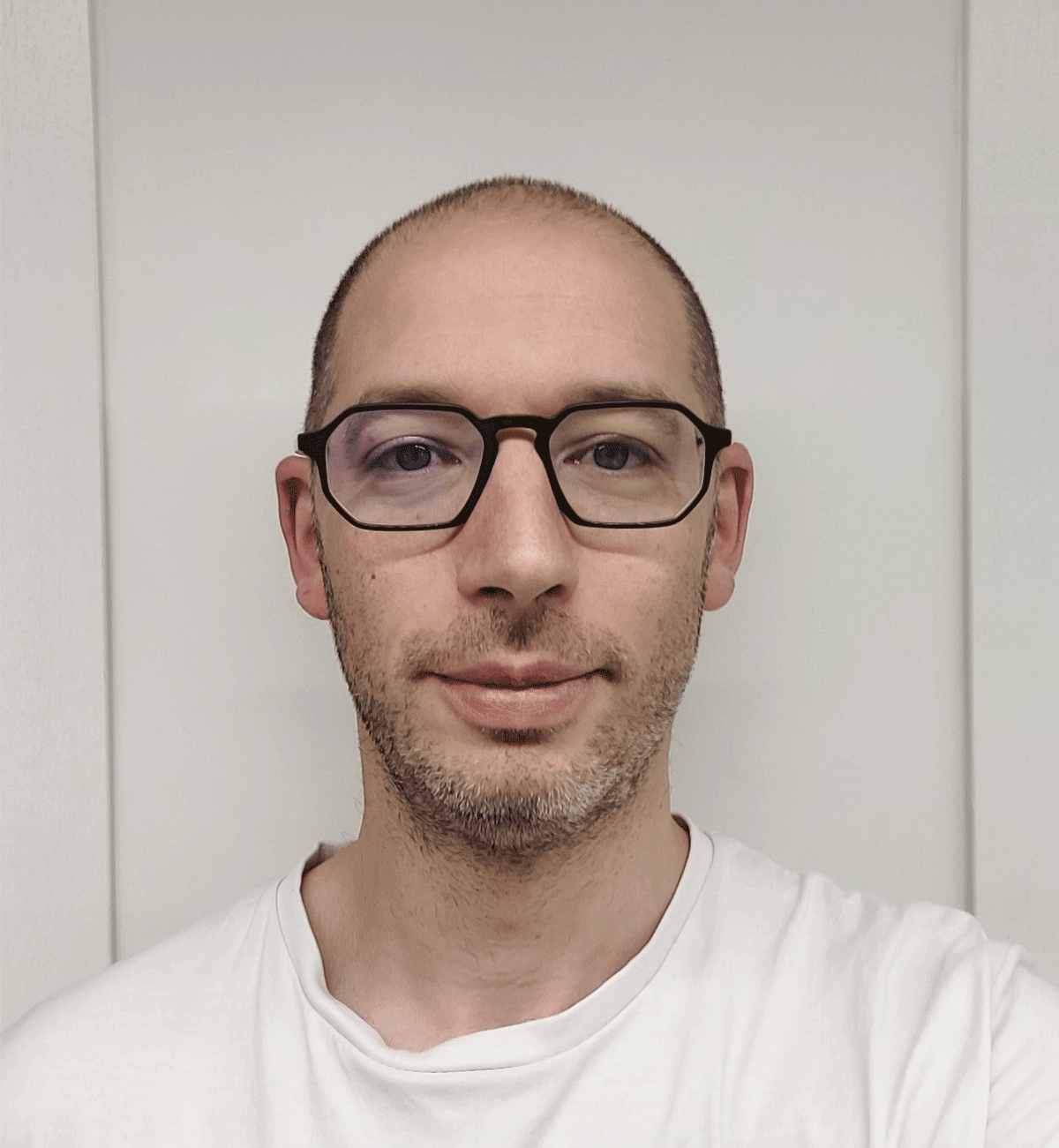
Dr. Sébastien Cahen
Dr. Sébastien Cahen
Dr. Sébastien Cahen is associate professor (MCF-HC, HDR) in the field of chemical and electrochemical intercalation into carbons and low-dimensional materials. He has received his Habilitation in 2016 in Université de Lorraine. His main focus deals with carbon science and (electro)chemical intercalation into low-dimensional materials. He is the coordinator of several projects related to carbon materials and energy storage and has visited several university as Invited Researcher in Wroclaw (Poland), Osaka (Japan) and Genoa (Italy).
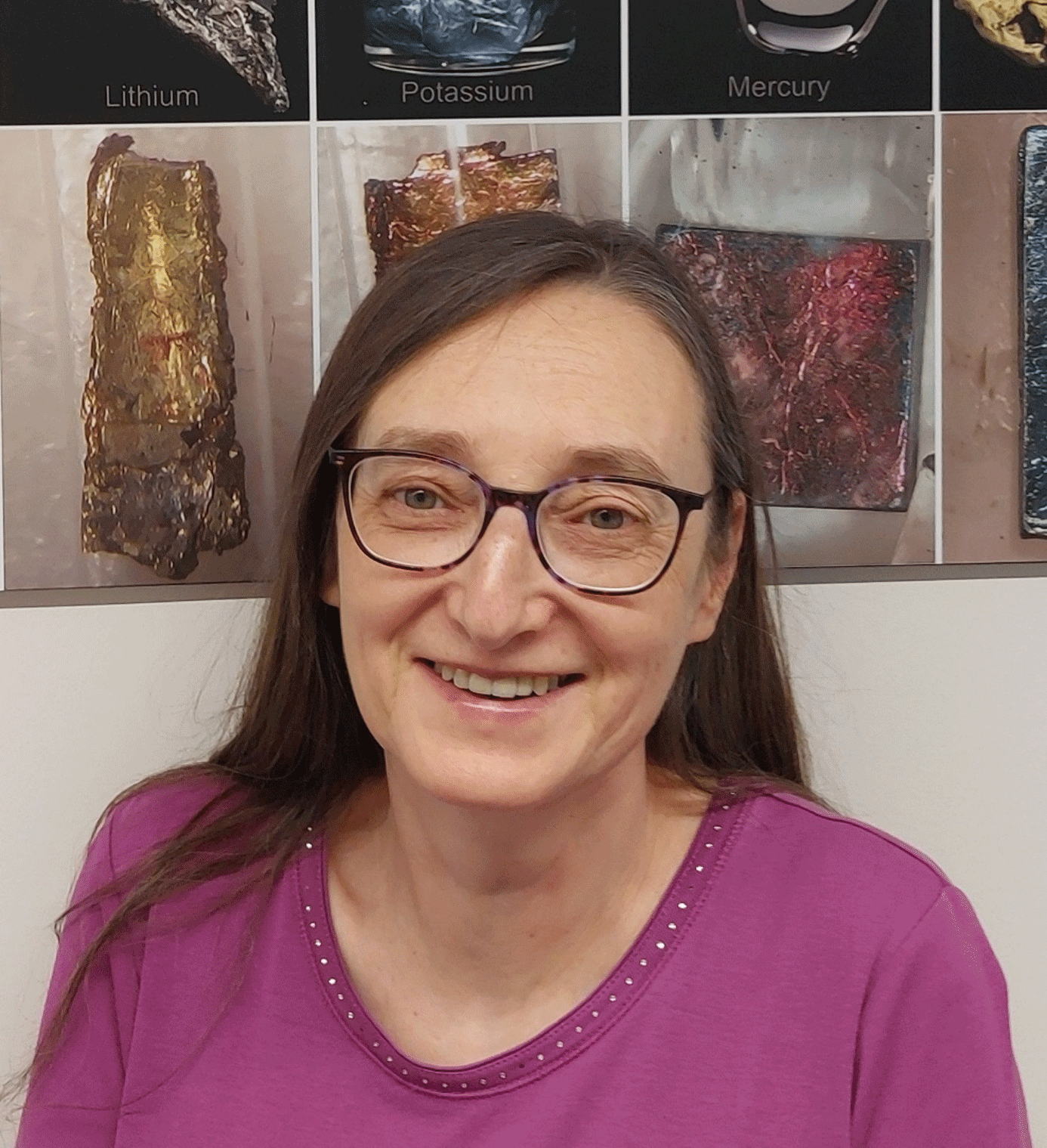
Dr. Claire Hérold
Dr. Claire Hérold
Dr. Claire Hérold is a senior researcher in solid state chemistry at the Jean Lamour Institute in Nancy. Her work focuses on low-dimensional carbon materials. She investigated new synthesis routes of carbon-based materials, in particular graphite intercalation compounds. She has studied their chemical, structural and physical properties. The applications of the developed materials are mainly in the field of energy storage. Her research team works on the elaboration, characterization and design of novel carbon materials and she is chairwoman of the French Group of Intercalation Compounds.


